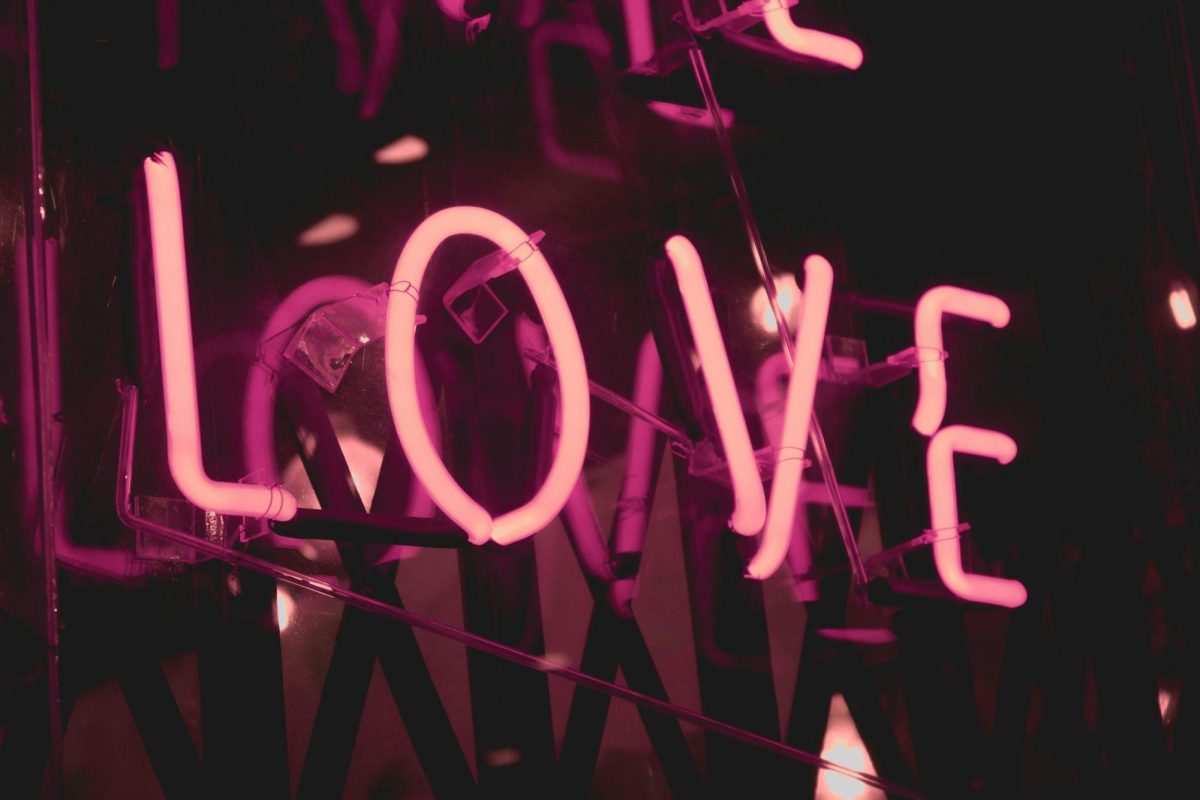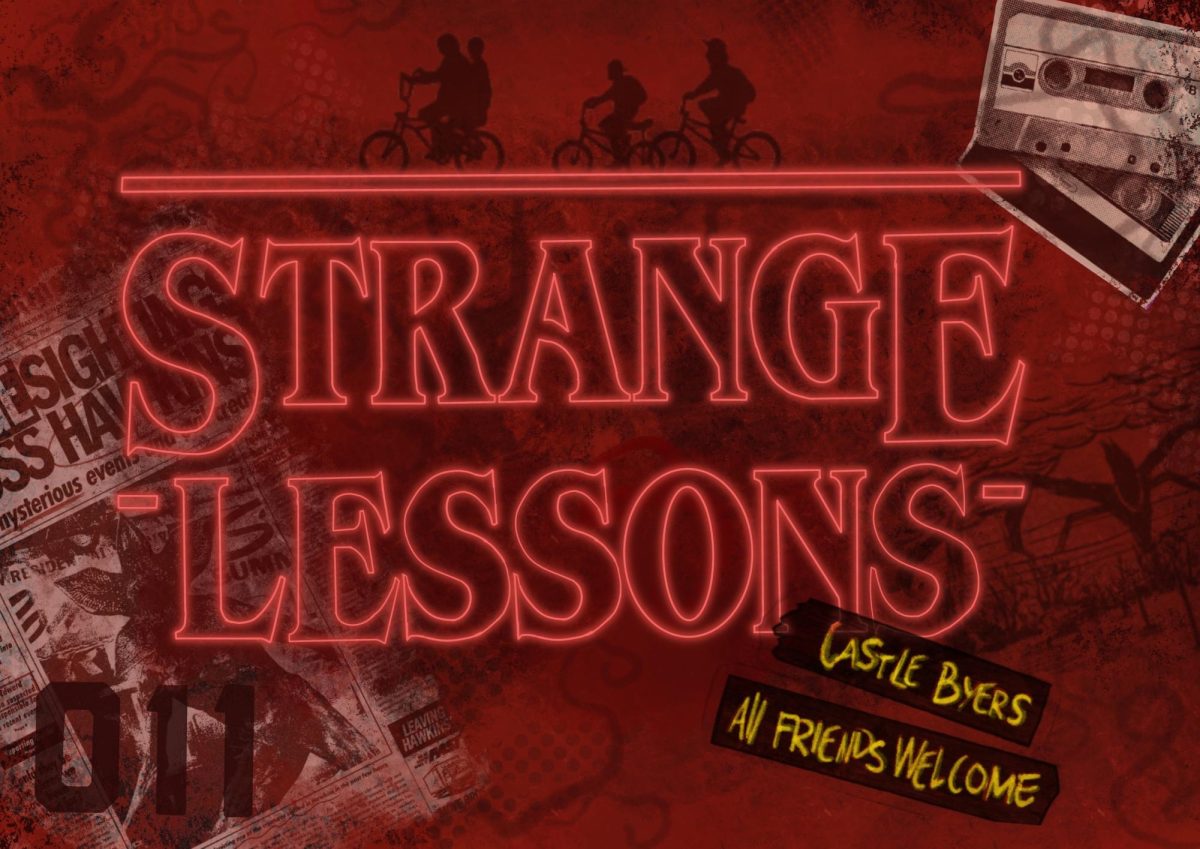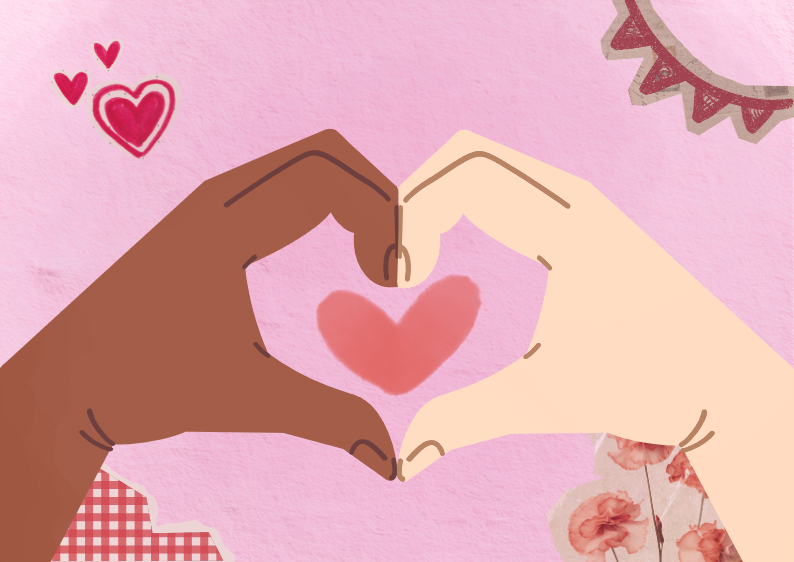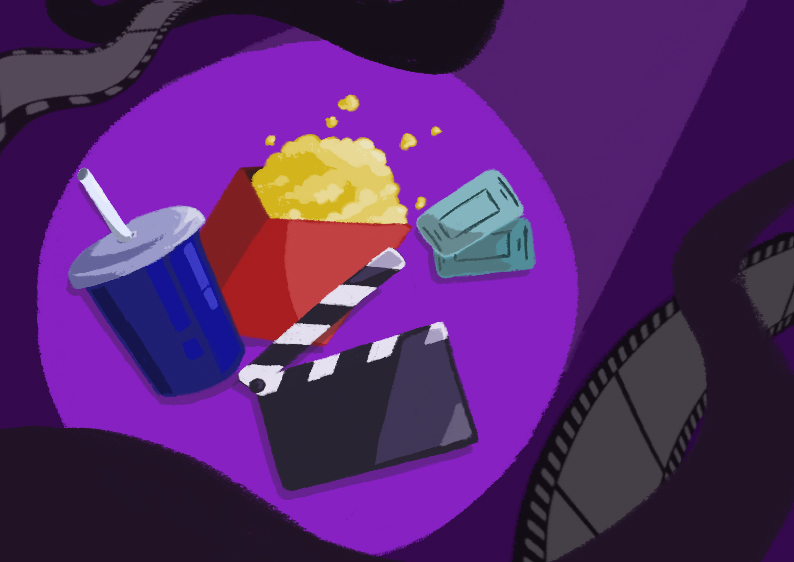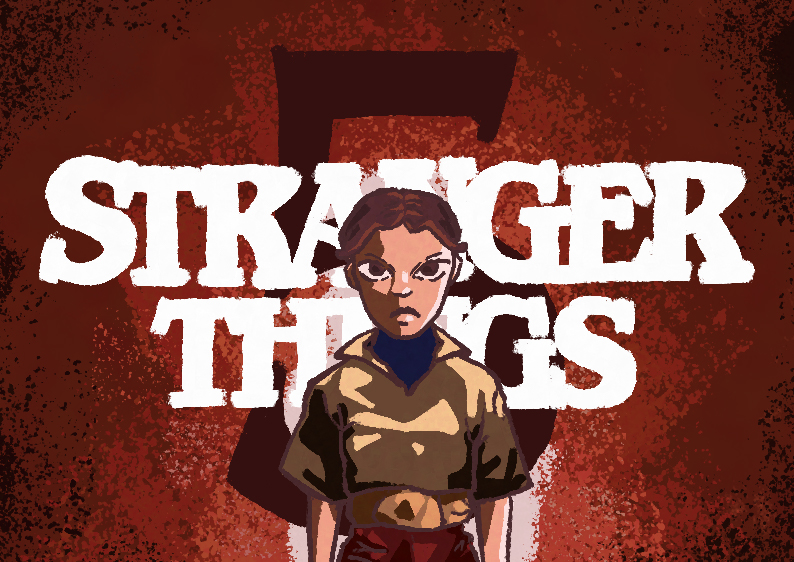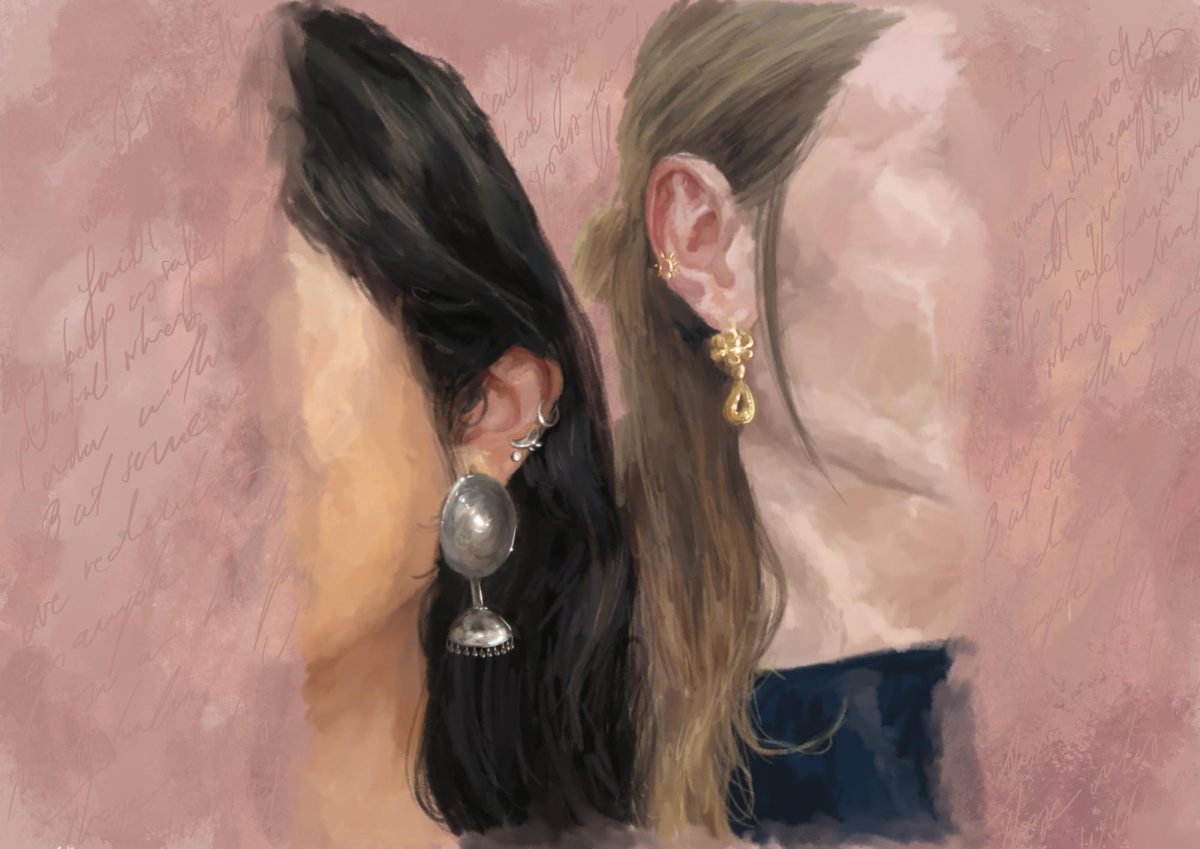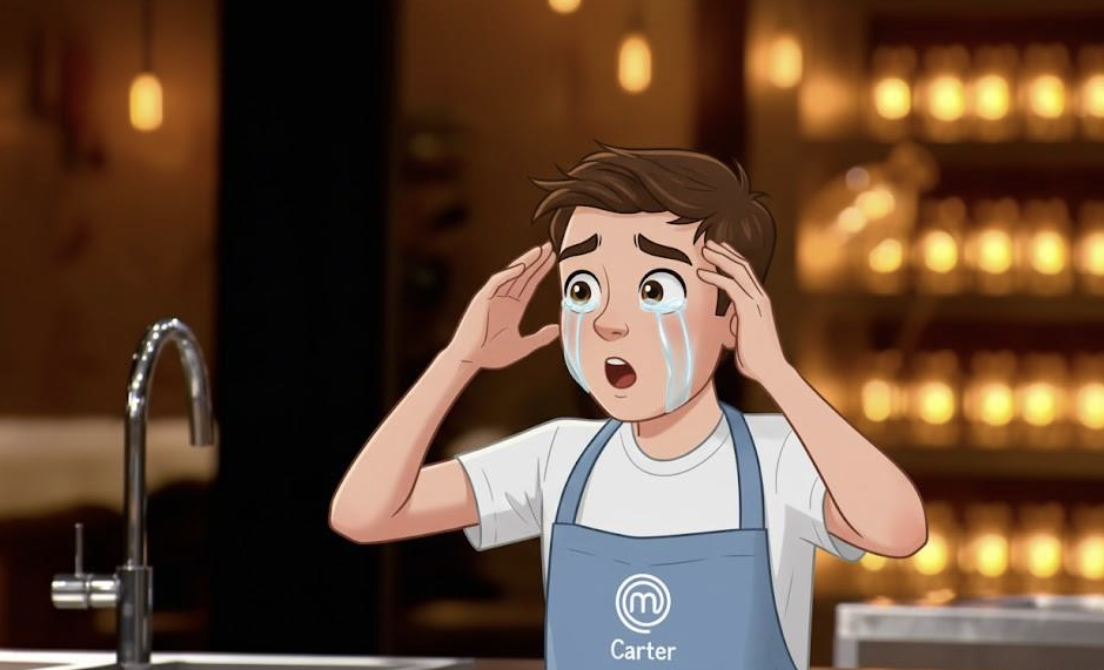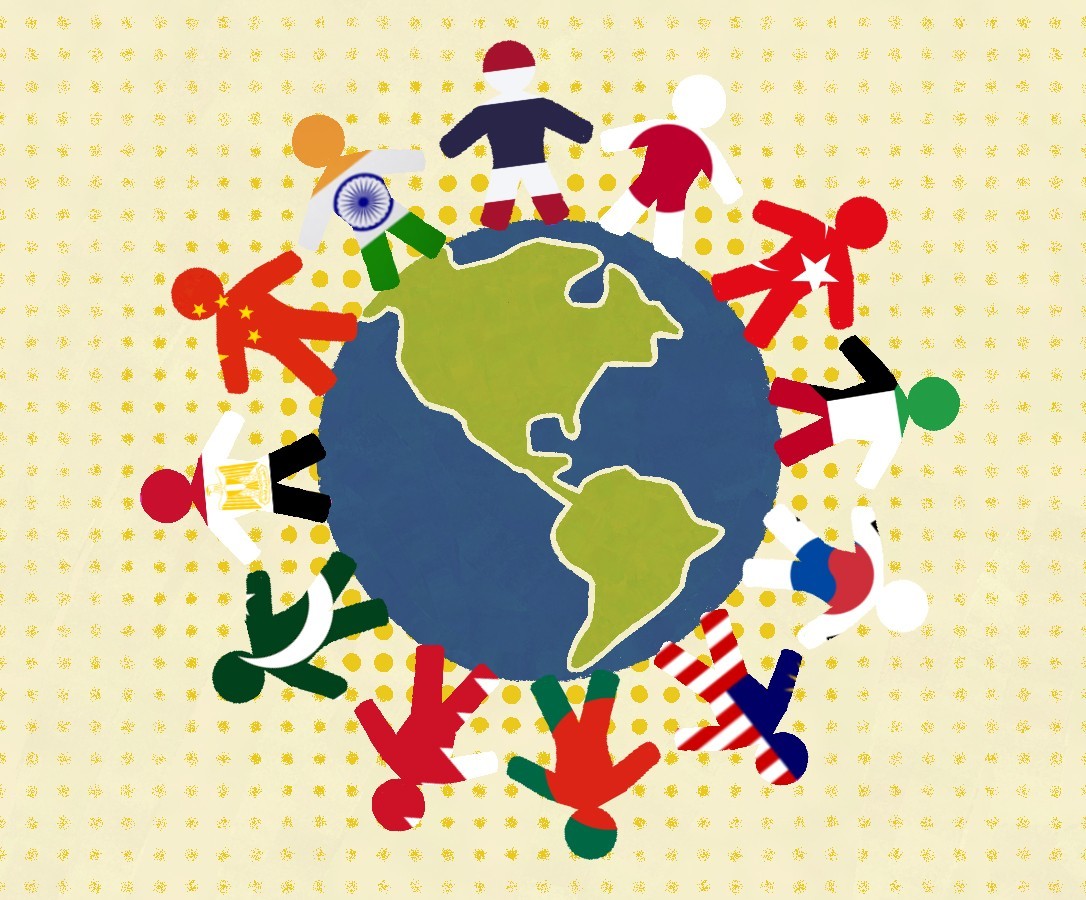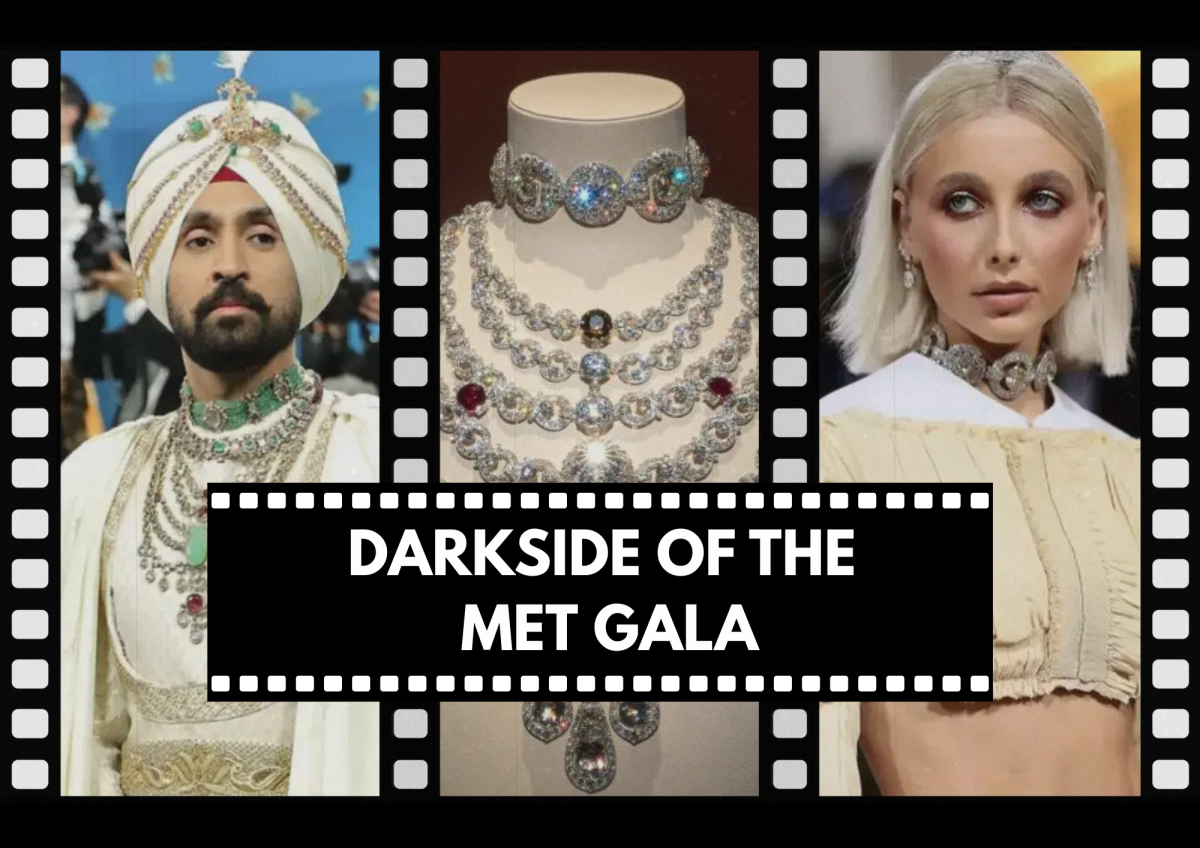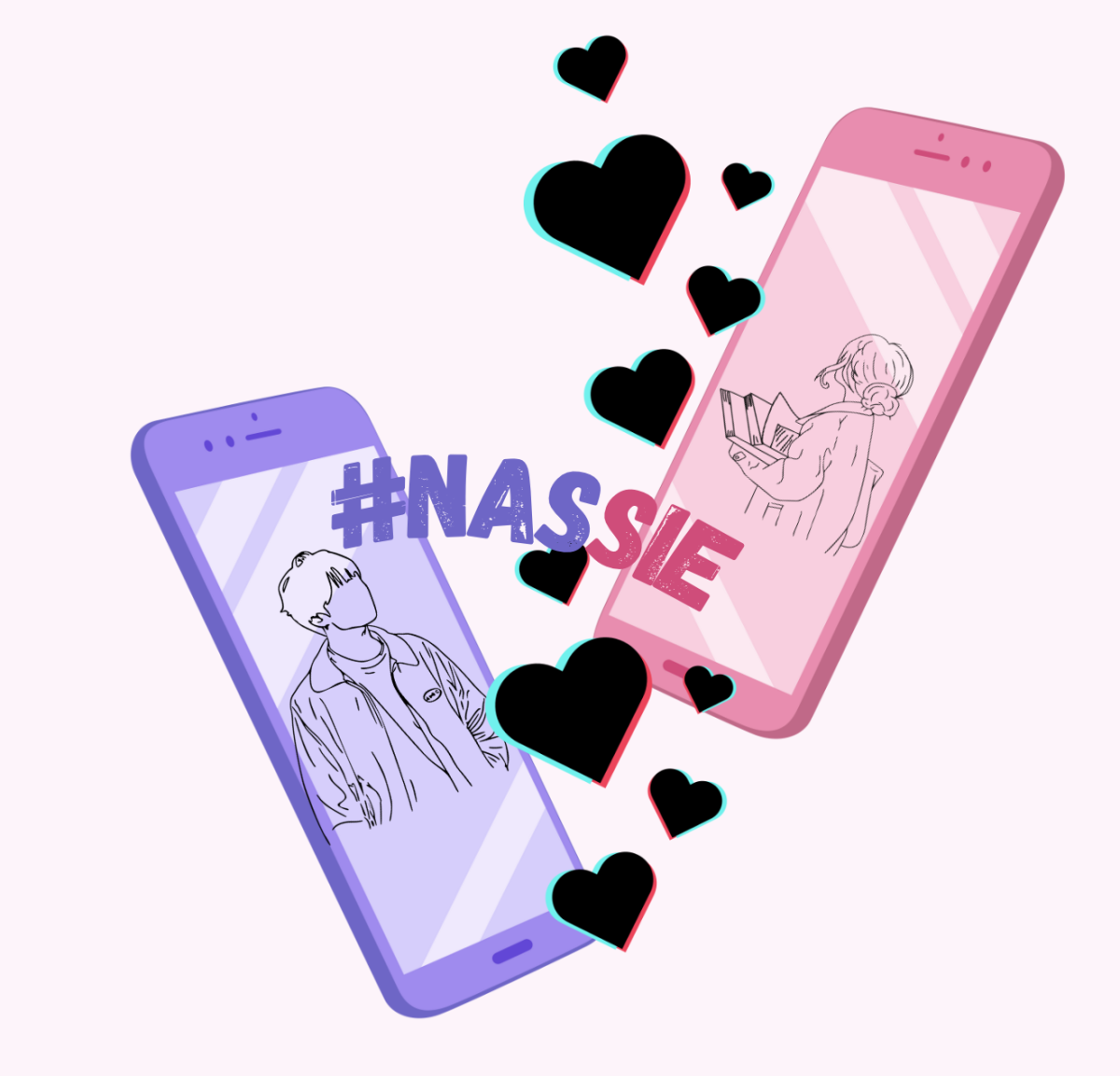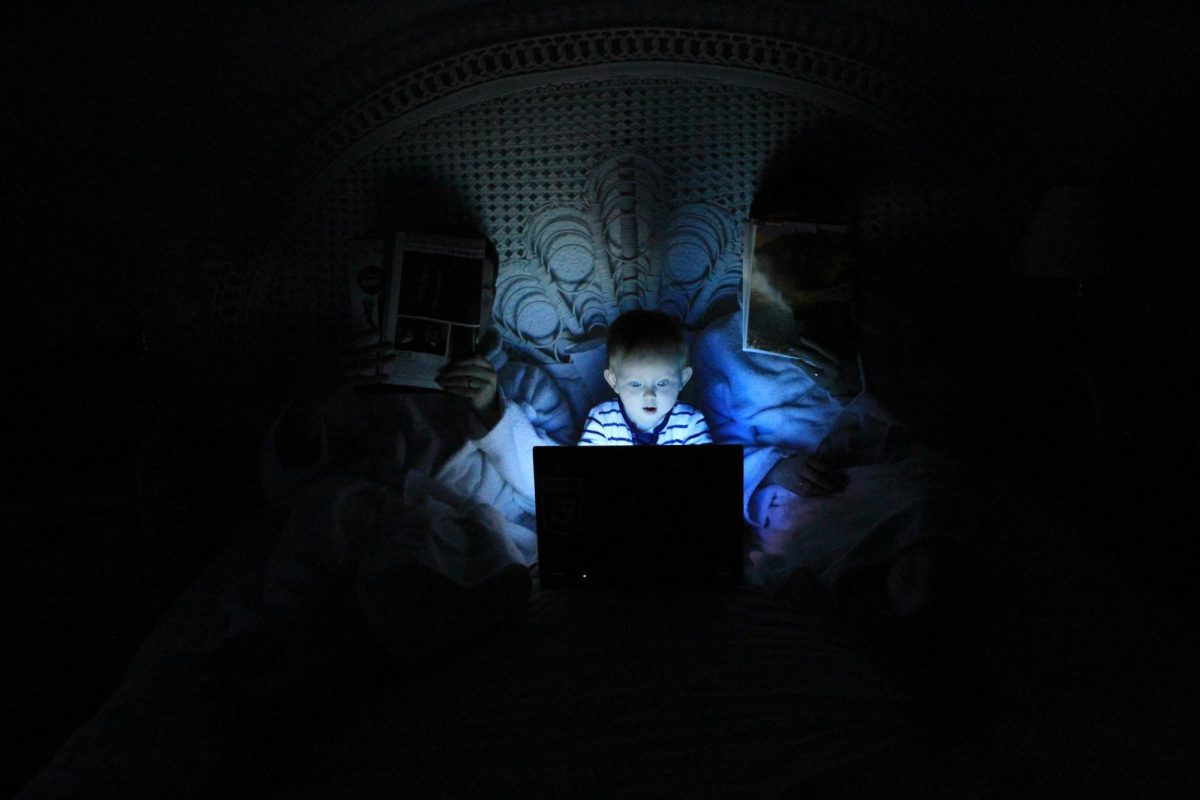In contemporary Western society, the portrayal of mental illness in media, literature, and popular culture is illuminating and misleading. On the one hand, increasing awareness and dialogue about mental health issues have helped reduce stigma and encourage individuals to seek help. On the other hand, the romanticisation and casual treatment of mental illness have created problematic narratives that often trivialise the experiences of those suffering from these conditions, contributing to misconceptions and potentially harmful stereotypes. This casual attitude is evident in daily conversations where mental health terms are often used jokingly to describe minor inconveniences. Social media trends further exacerbate this issue, with platforms like TikTok popularising sounds like “I love that autistic man”, which are frequently used to label any unconventional behaviour as autistic. Such portrayals diminish the serious nature of mental health conditions, reducing them to memes and jokes and reinforcing the trivialisation of genuine struggles.
Movies, television shows, and books frequently depict mental illness in ways that are far removed from the reality of living with such conditions. Characters with mental health issues are often portrayed as eccentric geniuses or tortured artists whose creativity and brilliance are seemingly inseparable from their suffering. For instance, shows like Girl Meets World, a children’s Disney show that introduced the topic of autism through one of the characters mentioning getting tested for it initially received negative responses from the other characters, such as “No, you do not” and “this can’t be”. This encourages children to diminish the topic of conversation at all. Displaying this initial reaction to children sends the wrong message and could imply that any conversation like this will automatically lead to adverse reactions and connotations.
This portrayal can create a misleading narrative that mental illness is a source of creative inspiration or intellectual prowess rather than a serious health condition that requires treatment and support. Similarly, literature has long been fascinated with the trope of the ‘mad artist’ or the ‘tortured genius’. Historical figures such as Vincent van Gogh or Sylvia Plath are often celebrated not just for their artistic contributions, but also for their struggles with mental illness. While acknowledging the impact of their “conditions” on their work is important, it can unintentionally suggest that their mental health struggles were integral to their genius, thereby romanticising their suffering.
Social media platforms, particularly Instagram and TikTok, have further propagated the romanticisation of mental illness through the aestheticization of suffering. Images of sad quotes, dark and brooding selfies, and hashtags like #depressed and #anxiety are abundant, often accompanied by ethereal and artistic visuals. These posts can glamorise mental health issues, making them appear as fashionable accessories rather than serious medical conditions. This trend can be particularly harmful to impressionable adolescents and young adults who may begin to view mental illness as a desirable trait or a mark of uniqueness. Similarly, social media has cultivated a culture where individuals feel compelled to compare their financial status to unrealistic standards. Comments like “from district 12”, referencing the poverty-stricken area from The Hunger Games are frequently seen under posts about luxury events like the
Met Gala. This behaviour trivialises genuine economic struggles, as many of these commenters have stable homes and access to modern amenities, including smartphones. The phenomenon of ‘sadfishing’, where individuals exaggerate or fabricate emotional struggles to gain sympathy and attention online, further complicates the narrative. This behaviour not only trivialises genuine mental health and economic issues but also creates an environment where real sufferers may feel that their experiences are invalid or exaggerated. The line between seeking support and romanticising suffering becomes blurred, making it difficult for individuals to navigate their own mental health and financial well-being journeys.
To combat the romanticisation of mental illness, it is essential to foster a more balanced and realistic narrative. This involves portraying mental health issues in media and popular culture in ways that are accurate and empathetic, without reducing individuals to their conditions. Highlighting stories of recovery, resilience, and the importance of seeking help can provide a more constructive perspective.
Educational initiatives that promote mental health literacy can also play a crucial role. By providing accurate information about mental health conditions and their treatment, society can challenge the misconceptions and stereotypes perpetuated by romanticised portrayals. Encouraging open and honest discussions about mental health can help unmask these issues and promote a culture of understanding and support.
Additionally, it is essential to enable a more balanced and realistic narrative to fight against stereotypical demonstrations of mental illness. This involves portraying mental health issues in media and popular culture in ways that are accurate and empathetic, without reducing individuals to distortions or catchphrases. For instance, the trending TikTok sound “I love that autistic man, would it be wrong for me to take him to dinner…” often accompanies videos of people simply existing or engaging in quirky behaviours. This trend diminishes the severe implications of autism and other mental health conditions by reducing them to a joke or feeling.
In contemporary Western society, the casual treatment of mental illness has become normalised and often joked about, often manifesting in everyday language and behaviour. Terms like “I’m so autistic” or “I’m so depressed” are casually thrown around to describe minor inconveniences or fleeting feelings of sadness, trivialising the experiences of those with clinical conditions. Social media only continues to exaggerate this casual attitude, with trends and hashtags about anxiety and depression being widely circulated and liked, often stripping these terms of their profound implications. This casualness not only dilutes the gravity of mental health issues but also contributes to a culture where the genuine struggles of individuals with mental illness are minimised and misunderstood, making it harder for them to be taken seriously and receive appropriate support.
In summary, while the increased visibility of mental health issues in Western society has positive aspects, the romanticisation of mental illness presents significant challenges. By striving for more accurate and compassionate representations, we can
help ensure that those suffering from mental health conditions receive the understanding and support they need, rather than being confined to romanticised and unrealistic narratives.






